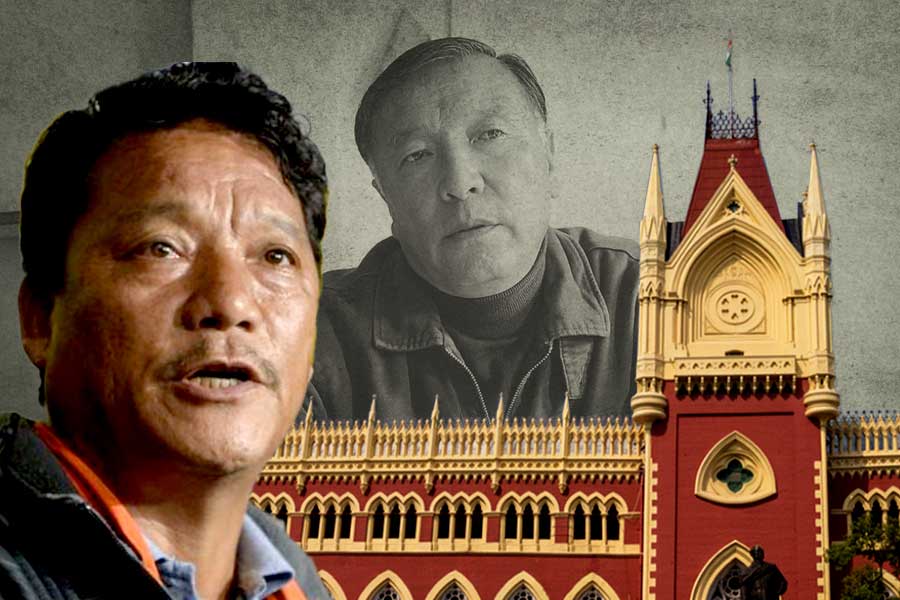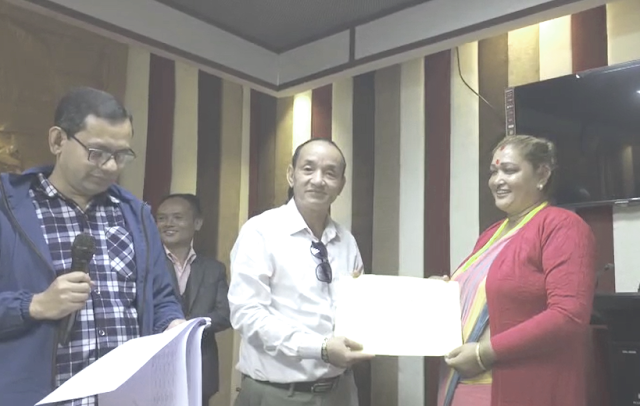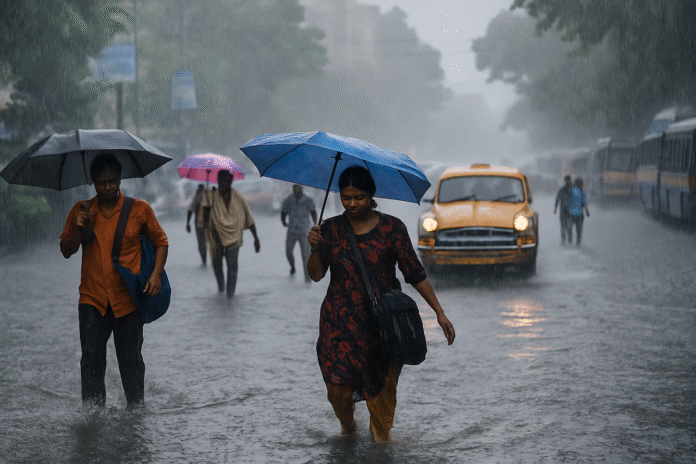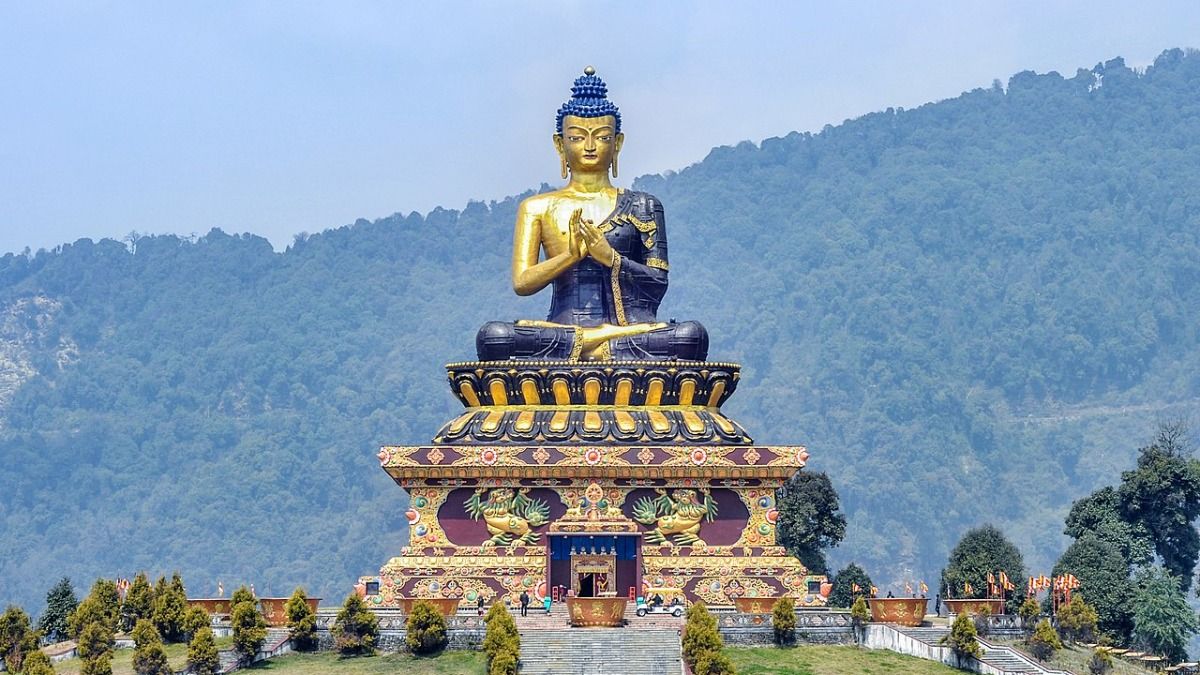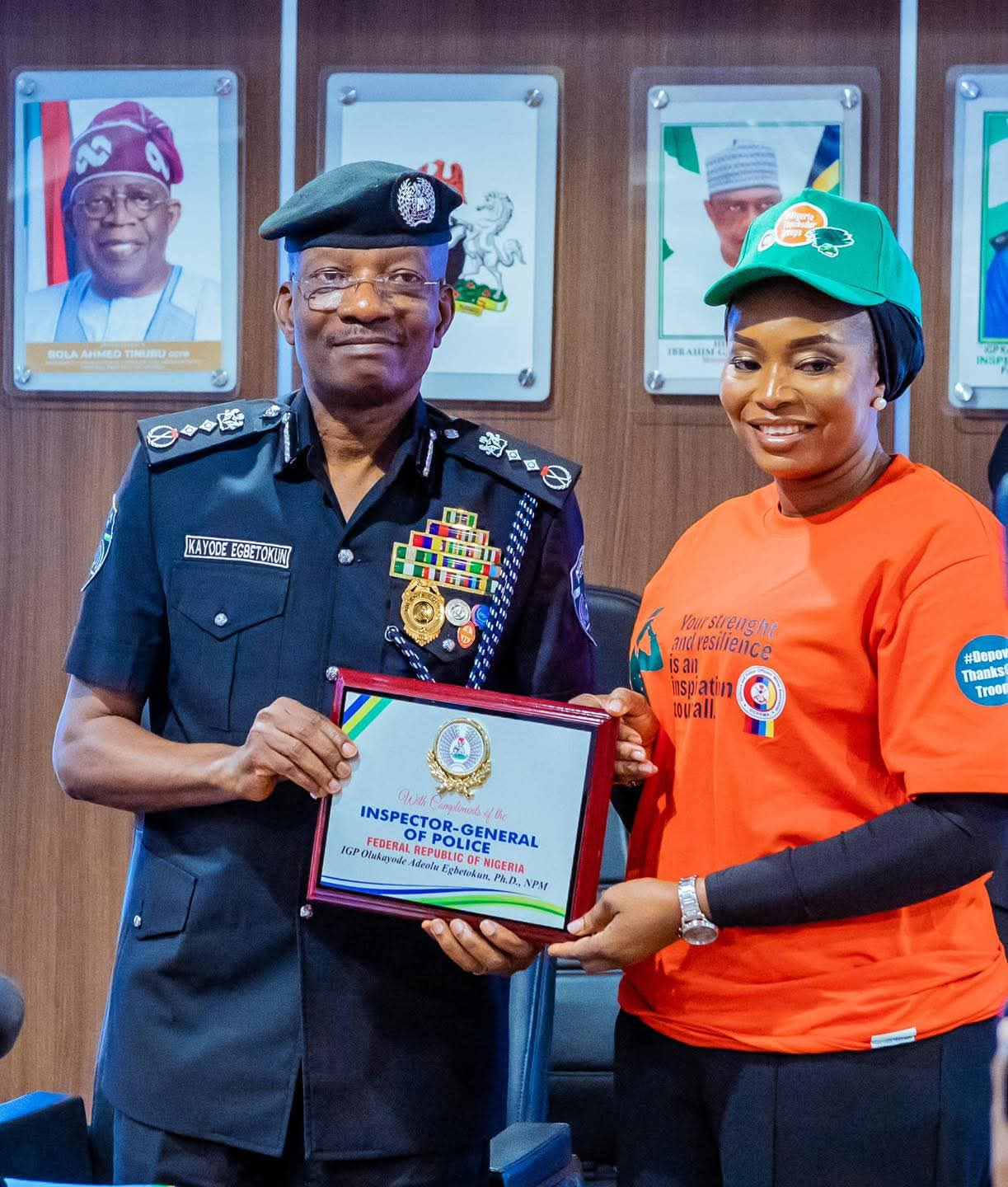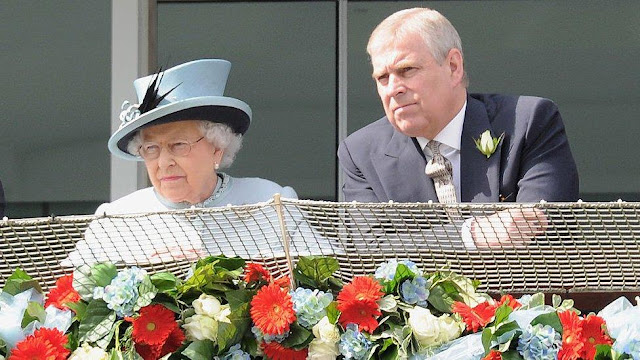High-profile political assassination trial resumes amid tight scrutiny and hybrid proceedings
KalimNews, Darjeeling
July 23, 2025 : After a delay spanning over a decade and a half, the long-pending murder trial of veteran Gorkha leader Madan Tamang is set to begin on Wednesday, July 23, 2025, at the Kolkata City Sessions Court, marking a pivotal moment in one of the most politically sensitive and prolonged criminal cases in the eastern Himalayan region.On May 21, 2010, Tamang, the then-president of the Akhil Bharatiya Gorkha League (ABGL) and a prominent voice for democratic resistance in Darjeeling, was brutally hacked to death in broad daylight around 9:20 AM, while overseeing preparations for a public rally scheduled to start at 10:00 AM near the Upper Clubside Stand in Darjeeling town. The incident sent shockwaves across the region and the nation, triggering widespread outrage and a prolonged demand for justice.
Initially investigated by Darjeeling Police and later by the West Bengal CID, the probe was widely criticized by Tamang’s family, particularly his widow, Bharati Tamang, who alleged bias and inefficiency. Following persistent appeals, the Calcutta High Court handed over the investigation to the Central Bureau of Investigation (CBI). The case saw multiple twists and turns, with political undercurrents deeply influencing its trajectory.
The CBI’s chargesheet, submitted on May 29, 2015, named several high-profile leaders of the Gorkha Janmukti Morcha (GJM) including Bimal Gurung, his wife Asha Gurung, and party functionaries like Roshan Giri, Binay Tamang, Harka Bahadur Chhetri, and Pradeep Pradhan, among others. Many of those accused have since aligned themselves with the ruling Bharatiya Gorkha Prajatantrik Morcha (BGPM).
The trial was further delayed when, in August 2017, the City Sessions Court discharged Bimal Gurung from the case, citing lack of direct evidence. His defense claimed that Gurung was in Kalimpong on the day of the murder. However, the discharge was challenged by Bharati Tamang in the Calcutta High Court, and the CBI also filed a revision plea. In June 2024, Justice Subhendu Samanta of the High Court overturned the discharge, directing that Gurung be reinstated as an accused and face trial along with the others. Gurung’s subsequent challenge to the Supreme Court was dismissed by Justice Bela Trivedi in May 2025, reaffirming his role as a key accused.
The court, presided over by Judge Sukumar Roy, formally framed charges on June 26, 2025, against 47 individuals, including Gurung, under murder and criminal conspiracy with common intent. Of the original 54 accused, two—Nicole Tamang and Kaila alias Dinesh Rai (aka Dinesh Subba)—remain fugitives. Five are deceased, and one, Puran Bahadur Rai, currently in custody after jumping bail, will face trial under special custody arrangements. Rai was arrested by the CBI on February 6, 2025 from Ankal Taluka Bangalore.
The upcoming trial will be held in a hybrid mode, with the accused appearing virtually from a designated “remote point” in the Darjeeling Civil Court, while witnesses will be physically present at the Kolkata City Sessions Court. This hybrid arrangement, a first in this case, is expected to ease logistical and security challenges while ensuring broad judicial access.
According to Amar Lama, younger brother of the slain leader and the family’s legal representative, over 80 witnesses are listed, although several have passed away during the 15-year wait. The first summoned witness, Laxman Pradhan, the then general secretary of ABGL and initial complainant, also died recently.
Madan Tamang’s assassination occurred during a volatile period in Darjeeling’s political history. A fierce critic of GJM’s leadership and strategies, Tamang had accused Bimal Gurung and his party of compromising the Gorkhaland demand by allegedly accepting the idea of an autonomous council merely named “Gorkhaland” instead of pursuing full-fledged statehood. Tamang had played a key role in forming the Democratic Front, an eight-party coalition including the BJP and Communist Party of Revolutionary Marxists (CPRM), to oppose the GJM’s growing dominance and promote democratic values in the hills.
Tamang’s political career began in 1969 while he was still a student. He rose to prominence in the 1970s as a powerful orator and youth leader in Tarun Gorkha, the youth wing of ABGL. By 1977, he had become the district secretary of the party before leaving in 1980 to form Pranta Parishad, which campaigned for recognition of the Nepali language in the Eighth Schedule of the Indian Constitution. His resistance to violence and corruption brought him into conflict with powerful leaders, including Subhash Ghisingh of the Gorkha National Liberation Front (GNLF). His house was torched during the violent agitation between 1986 and 1988, forcing him into temporary political hibernation.
In 1992, Tamang launched the Gorkha Democratic Front (GDF) to challenge GNLF, and in 2001, GDF merged back into ABGL, with Tamang assuming the party presidency. His leadership style emphasized peaceful political activism and transparency, and he soon emerged as one of the few vocal critics of rising political authoritarianism in the hills.
On the morning of May 21, 2010, while supervising arrangements for ABGL’s 68th Foundation Day celebration, Tamang was attacked by a mob of nearly 150 armed assailants, allegedly GJM supporters. Amid stone pelting, three attackers with khukris (traditional Gorkha blades) assaulted him directly. Tamang was rushed to the Darjeeling District Hospital, where he was declared dead.
The Supreme Court, acting on a plea from Bharati Tamang, ordered the transfer of the case to Kolkata in October 2013, citing concerns of witness intimidation due to the influence wielded by several of the accused.
As the trial finally begins, observers say it could reshape the political discourse in the Darjeeling hills and restore faith in the judicial process. “Though there have been delays, we feel that the case will reach a logical conclusion and deceased Madan Tamang will definitely get justice,” Amar Lama affirmed.
Among the key accused are Bimal Gurung, Asha Gurung, Roshan Giri, Binay Tamang, Harka Bahadur Chhetri, Pradeep Pradhan, Ramesh Allay, Devendra Sharma, Dinesh Theeng, Alok Kant Mani Thulung, Nagendra Pradhan, Pemba Tshering Ola, Mamta Rai, Babita Ganguly, Sushma Rai, Dipen Mallay, Puran Thami, Keshab Raj Pokhrel, Naresh Rai, Kismat Chhetri, Pravin Subba, Ruden Sada Lepcha, and Sanchabir Subba.
With attention fixed firmly on the proceedings scheduled to begin on July 23, this landmark case now stands as a litmus test for the rule of law and democratic accountability in politically volatile regions of the country.


